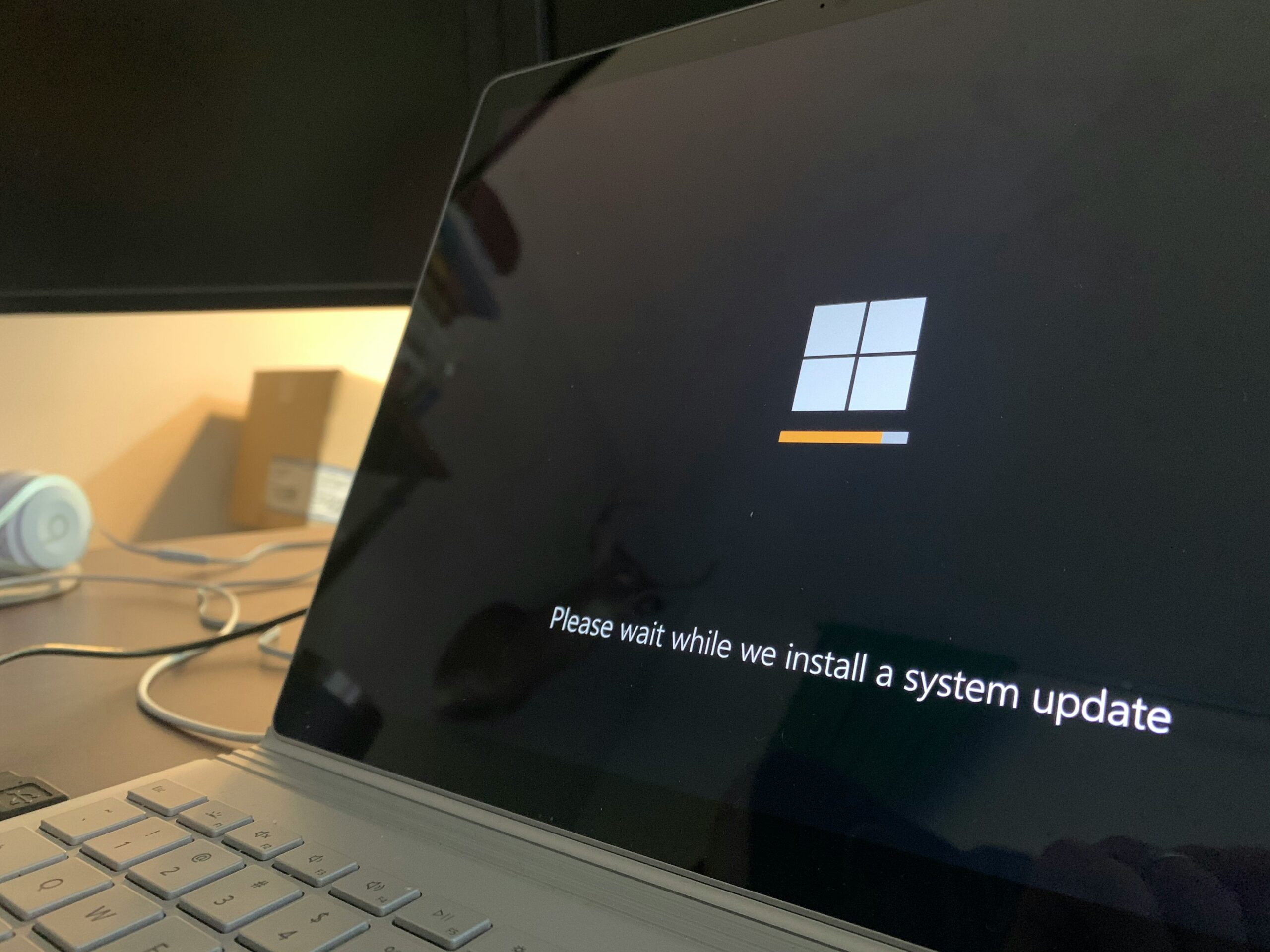How to Manage Your Browser Extensions
So, you’re not thrilled to hear that malicious extensions are more common than developers like Google would like to admit. Seeing as researchers believe nearly 300 million malicious extensions were installed over the past three years alone, it’s a good idea to do an audit of the extensions you currently have in your browser. Let’s say your browser of choice

So, you’re not thrilled to hear that malicious extensions are more common than developers like Google would like to admit. Seeing as researchers believe nearly 300 million malicious extensions were installed over the past three years alone, it’s a good idea to do an audit of the extensions you currently have in your browser.
Let’s say your browser of choice is Chrome: To take a look at any extensions you may have installed right now, you can click the puzzle piece icon in your task bar. Here, you’ll see a menu of all extension running in Chrome. (Tip: If you want easy access to any of these extensions, hit the “pin” icon to pin the extension to your browser’s menu bar.)
If you see an extension you don’t want installed anymore, click the three dots next to its name, then choose “Remove from Chrome.” If you’d rather review the settings related to this extension, such as whether the extension appears when you’re in private browsing mode, hit “Manage Extension.”
Speaking of which, you can pull up a more detailed view of your extensions if this quick menu isn’t cutting it. From the main menu, hit “Manage Extensions.” Here, you’ll see all extensions, with quick access to “Details,” which takes you to the extension’s settings, a toggle to enable or disable the extension without having to mess with its installation status, as well as a “Remove” option to remove it from your computer.
While these instructions were based off Chrome, they also largely apply to Microsoft Edge, as well. While Microsoft develops this browser, its extensions are really the same as Google’s browser’s extensions, as both browsers are built on Google’s Chromium platform.
Share This



